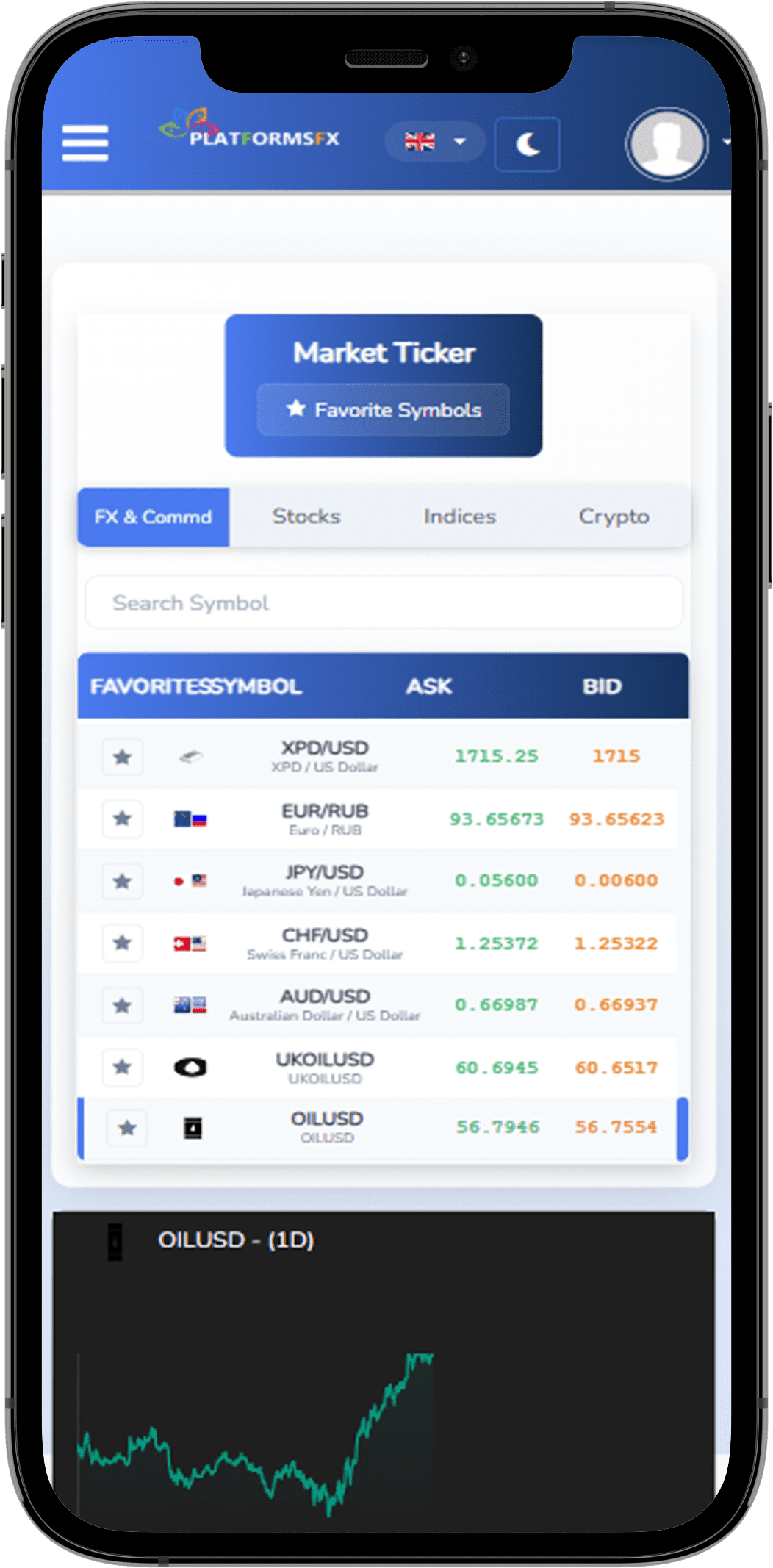Digital currencies have witnessed remarkable development over the past decade, transitioning from an innovative idea to a key financial tool in global markets. They have become a significant factor in modern economic transformations, substantially contributing to the evolution and success of financial intermediaries. In this article, we explore the importance of digital currencies in enhancing the performance of financial intermediaries and their impact on the global economic system.
1. Increasing Efficiency in Financial Intermediation
Digital currencies leverage innovative technologies like blockchain, which provides a distributed and secure ledger for transactions. This technology reduces the need for third-party intervention, cutting down operational costs for financial intermediaries. Instead of relying on traditional systems that can be slow and costly, intermediaries can use digital currencies to accelerate financial transactions and improve their efficiency.
2. Expanding the Customer Base
Digital currencies help attract new customer segments, especially those without access to traditional banking services. Thanks to the decentralized nature of digital currencies, individuals in remote areas or countries with weak banking systems can participate in the global economy. This opens up new markets and opportunities for financial intermediaries to grow.
3. Enhancing Transparency and Trust
Digital currencies are highly transparent due to blockchain’s nature, which records all transactions publicly and permanently. This increases customer trust in financial intermediaries relying on these currencies, as it becomes easier to trace the movement of funds and verify the integrity of transactions.
4. Driving Innovation in Financial Services
With digital currencies, financial intermediaries can offer innovative services such as loans based on smart contracts or instant cross-border transfers. These innovations add value for customers and make intermediaries more competitive in the market.
5. Hedging Against Inflation and Market Volatility
Many digital currencies, such as Bitcoin, are considered a hedge against inflation due to their scarcity and predetermined monetary policies. This makes them an attractive option for intermediaries aiming to offer diverse financial tools that help clients protect their wealth from fluctuations in traditional markets.
6. Reducing Risks Associated with Traditional Currencies
By using digital currencies, financial intermediaries can reduce their reliance on traditional currencies, which are often affected by geopolitical or economic factors. Digital currencies provide a flexible alternative that can be easily used across borders without complex currency conversions.
7. Attracting Investments and Boosting Liquidity
The digital currency market is one of the fastest-growing markets globally, attracting massive investments from individuals and institutions. Offering digital currencies as part of their financial tools makes it easier for intermediaries to attract new investors, enhancing liquidity and increasing their chances of success.
Conclusion
Digital currencies represent a paradigm shift in the global financial system, making them a crucial component in the success of financial intermediaries. By improving efficiency, enhancing transparency, expanding the customer base, and fostering innovation, digital currencies can play a significant role in redefining the role of financial intermediaries. As this sector continues to evolve, intermediaries who adopt this technology will have a greater opportunity to lead in the future.




